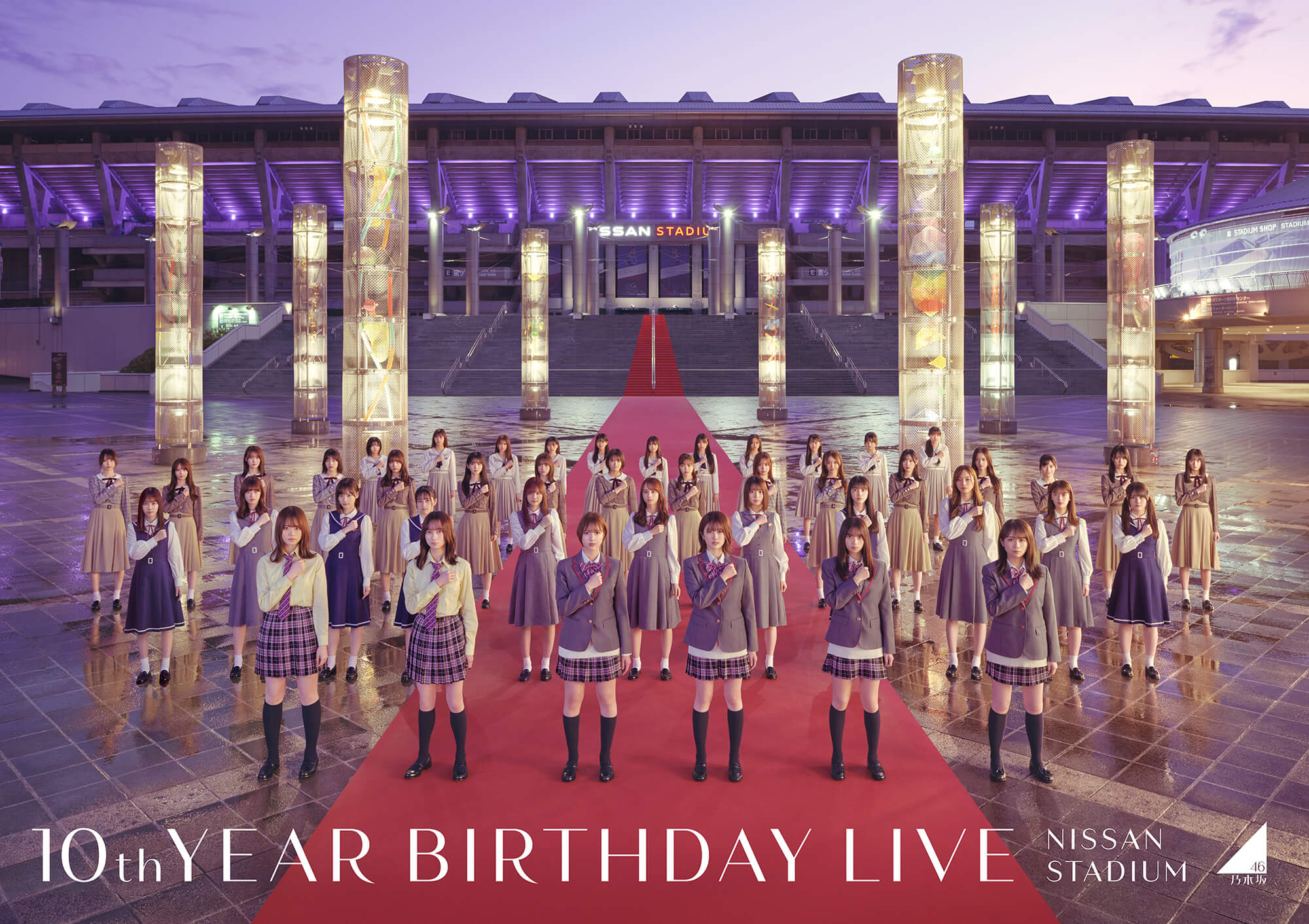Groups
Sakamichi Series: Nogizaka46 Sakurazaka46 Hinatazaka46
WACK Groups: BiSH
Japanese Idols News and Knowledge Base
Japanese Idols News and Knowledge Base

Japanese idol groups have been a cultural phenomenon since the 1970s, when the first idol group, Candies, emerged in Japan. Since then, the popularity of idol groups has only continued to grow, with new groups constantly emerging and evolving the genre. In this article, we’ll take a look at the fascinating history of Japanese idol groups.
Candies, the first Japanese idol group, was formed in 1973. The group consisted of three members, who sang upbeat pop songs and performed in matching outfits. Candies quickly became popular, and their success inspired the formation of other idol groups.
The 1980s were considered the golden age of Japanese idol groups. The emergence of idol groups such as Onyanko Club, The Checkers, and Hikaru Genji led to a massive surge in popularity for the genre. These groups had multiple members, and their music was often upbeat and catchy.
In the 1990s, the popularity of idol groups began to decline. The emergence of new genres such as J-pop and visual kei contributed to this decline. However, the decade also saw the emergence of influential idol groups such as Morning Musume, who would go on to shape the future of the genre.
The 2000s saw a resurgence in the popularity of Japanese idol groups. This was thanks in part to the success of AKB48, a massive idol group with over 100 members. AKB48’s unique concept of having multiple teams and performing daily shows at their own theater in Akihabara helped to reignite interest in idol groups.
The 2010s saw Japanese idol groups gain popularity outside of Japan. Groups such as BABYMETAL and Perfume gained international recognition, with BABYMETAL even performing at major music festivals such as Coachella. The rise of social media and streaming platforms helped to increase the visibility of Japanese idol groups around the world.
Today, Japanese idol groups continue to evolve and innovate. Groups such as Nogizaka46 and Sakurazaka46 (ex-Keyakizaka46) have found success with a more sophisticated and mature image, while others like BiSH have pushed the boundaries of the genre with their punk rock-inspired sound. As the popularity of Japanese idol groups continues to grow, it’s clear that the genre will continue to evolve and shape the future of Japanese pop culture.